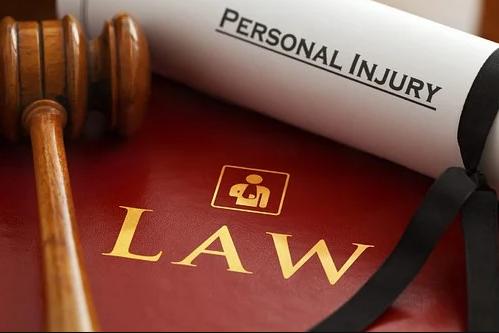A sudden police stop may be frightening, especially if you feel it is illegal. Understanding your rights and the legal actions to take in such cases is critical. This blog will provide useful information to help you comfortably manage illegal police stops.
You can defend your rights and guarantee fair contact with police officers by identifying the symptoms of an illegal stop and learning the appropriate legal remedies to take.
Here is a quick guide to unlawful police stops and legal steps to take.
Key Legal Steps for Unlawful Police Stops
An illegal police stop may be a difficult and uncomfortable experience. However, by being informed of your rights and taking the necessary legal actions, you may successfully protect yourself and express your position.
1. Understand Your Rights
When confronted with a police stop, individuals should know they are protected from unreasonable searches and seizures under the Fourth Amendment of the United States Constitution. You have the right to stay silent, to decline searches without a warrant, and to obtain an attorney if you are detained. Learn about these rights so you can assert them successfully during an interaction.
2. Unlawful Stop Indicators
Recognizing the indicators of an unlawful stop might help you assess whether your rights are being violated. The absence of reasonable suspicion or probable cause, racial profiling, stops based on discriminatory considerations, or stops done without a legal explanation are all prevalent symptoms. The stop may be illegal if you feel these elements are present.
3. Stay Calm and Comply
While asserting your rights is vital, remaining calm and complying with authorized demands is necessary. If you feel the stop is illegal, maintain a friendly and respectful approach. Resisting or aggravating the situation may result in additional legal ramifications. Maintain your concentration and make mental notes of any things that may be useful later.
4. Document the Occurrence
As quickly as feasible following the stop, thoroughly document the occurrence. Take note of the stop’s date, time, location, and the officers’ names and badge numbers. Make a detailed record of what happened, including any comments made by the police. Take photographs or film video footage quietly to offer visual evidence of the meeting.
5. Gather Witness Information
If witnesses were present during the stop, try to get their contact information. Witnesses can offer critical testimony that backs up your version of the occurrence. If you decide to take legal action, their comments can help you.
6. Report the Incident
If you suspect you were subjected to an illegal police stop, notify the proper authorities. To submit a complaint, contact your local police department or internal affairs section. Give them the recorded specifics of the stop and any supporting evidence you have acquired. Reporting the incident is critical for holding law enforcement responsible and preventing future instances.
7. Seek Legal Advice
If you suspect you have been subjected to an illegal police stop, consult an expert attorney specializing in civil rights or criminal defense. They may examine the situation, review your paperwork, and advise you on the best legal course to pursue. An attorney will help you through the process, protect your interests, and assist you in seeking justice if your rights have been infringed.
8. Preserve Evidence
Preserving evidence linked to the illegal halt is critical for prospective legal procedures. Maintain duplicates of any relevant papers, recordings, and images. Also, keep any medical records or other documentation that may show bodily or mental suffering due to the interaction.
Hire a Personal Injury Attorney from The Bourassa Law for Expert Guidance
It should be noted that launching a police brutality case involves gathering considerable evidence, such as camera footage, witness testimony, and proof of injuries or damages.
Consulting with an experienced personal injury attorney specializing in police wrongdoing can help you navigate the legal system and seek justice.
Whether you’re looking for an out-of-court settlement or want to file a court case, our personal injury lawyers in Las Vegas will help you at every step.
Contact us today for a free case evaluation.
